NEWS
8 Positive & Negative Tell-Tale Signs You’re a Republican
Published
12 months agoon
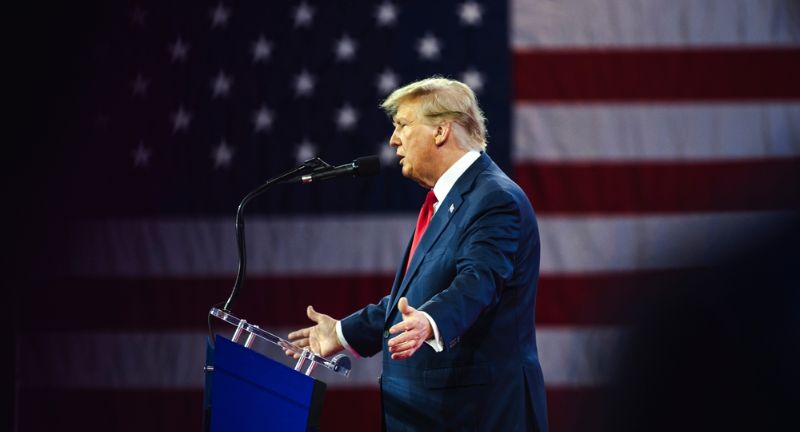
Shutterstock
In the vibrant tapestry of American politics, the Republican Party stands as a beacon of certain core principles and values, sparking intense debate and fervent loyalty among its followers. Yet, navigating the nuanced landscape of Republicanism reveals a complex interplay of traits that can inspire admiration and criticism alike.
Let’s embark on a journey to uncover the eight positive and eight negative traits that distinguish Republicans, offering a window into the soul of the Grand Old Party and its impact on the fabric of the nation.
Fiscal Responsibility
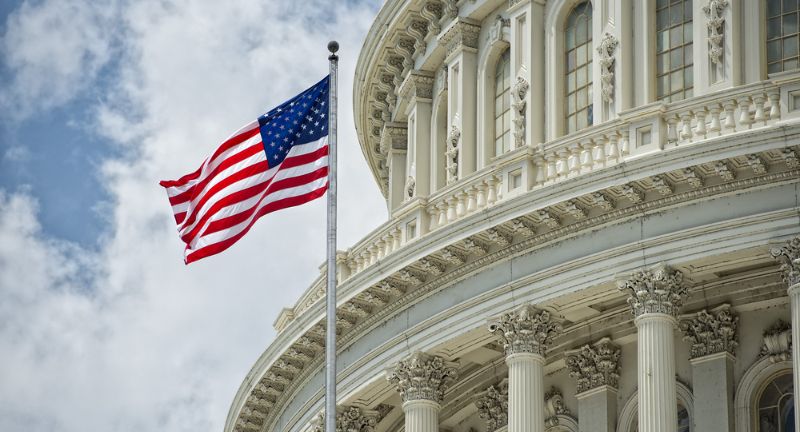
Shutterstock
Republicans often emphasize the importance of balanced budgets and reducing government debt. They believe in cutting spending and taxes to stimulate economic growth and create jobs. This fiscal conservatism is rooted in the idea that individuals and businesses can make better decisions with their money than the government. It’s seen as a way to ensure long-term economic stability and prosperity.
Strong National Defense

Shutterstock
A hallmark of Republican ideology is a strong commitment to national defense and military capabilities. They advocate for maintaining a robust military presence to protect American interests at home and abroad. This stance is based on the belief that a strong military is essential for deterring aggression and maintaining global peace. Republicans see this as crucial for safeguarding freedom and democracy.
Individual Liberty

Shutterstock
Republicans often champion the cause of individual freedoms and rights, arguing against what they see as excessive government intrusion into personal lives. They support the rights to free speech, bear arms, and practice religion without government interference. This emphasis on personal freedom is rooted in a deep respect for the Constitution and the belief that individual liberty is the cornerstone of a prosperous society.
Free Market Capitalism

Shutterstock
Advocating for free market principles, Republicans believe in minimal government intervention in the economy. They argue that free markets encourage innovation, competition, and economic efficiency, leading to better products and services for everyone. This belief in the power of the free market is seen as key to fostering entrepreneurship and economic growth.
Law and Order

Shutterstock
Republicans place a high value on maintaining law and order in society. They support strong law enforcement policies and the rights of victims over criminals. This commitment is driven by the belief that safety and security are fundamental to a functioning society. It underscores a respect for the rule of law and the importance of a just legal system.
Limited Government
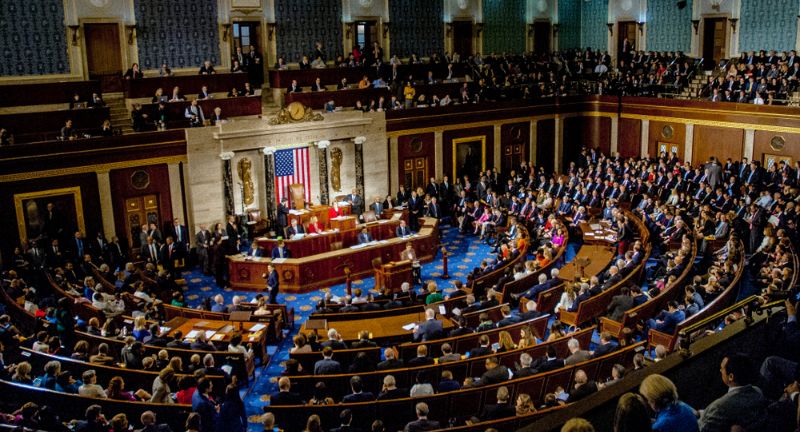
Shutterstock
The principle of limited government is central to Republican ideology. Republicans argue that a smaller government that is less involved in the lives of its citizens is more efficient and effective. They believe that reducing government size and scope maximizes individual freedom and economic opportunity. This view champions the idea of government as a facilitator rather than a provider.
Personal Responsibility

Shutterstock
Republicans emphasize the importance of personal responsibility and self-reliance. They believe that individuals should take charge of their own lives, including their health, education, and welfare. This trait is rooted in the belief that personal success comes from hard work and determination, not dependence on government assistance.
Patriotism

Shutterstock
A strong sense of national pride and patriotism is often associated with Republicans. They express deep respect for the nation’s history, traditions, and symbols. This patriotism is linked to a belief in American exceptionalism and the idea that the United States has a unique role to play in the world. Republicans often advocate for policies that they believe will protect and enhance the nation’s prestige and standing on the global stage.
Resistance to Change

Shutterstock
Republicans are sometimes criticized for being resistant to social and environmental changes. Their emphasis on tradition and status quo can be seen as a reluctance to adapt to new ideas or progressive policies. This can lead to perceptions of being out of touch with contemporary societal needs and challenges.
Perceived Lack of Environmental Concern

Shutterstock
Critics argue that Republican policies often prioritize economic growth over environmental protection. This is seen in support for industries like fossil fuels over renewable energy sources. The perception is that Republicans may overlook long-term environmental consequences in favor of short-term economic gains.
Social Conservatism

Shutterstock
Republicans’ strong emphasis on traditional values can lead to criticism for opposing progressive social policies, such as LGBTQ+ rights and abortion access. This stance is seen by some as limiting individual freedoms and rights in the name of preserving traditional social norms.
Economic Inequality
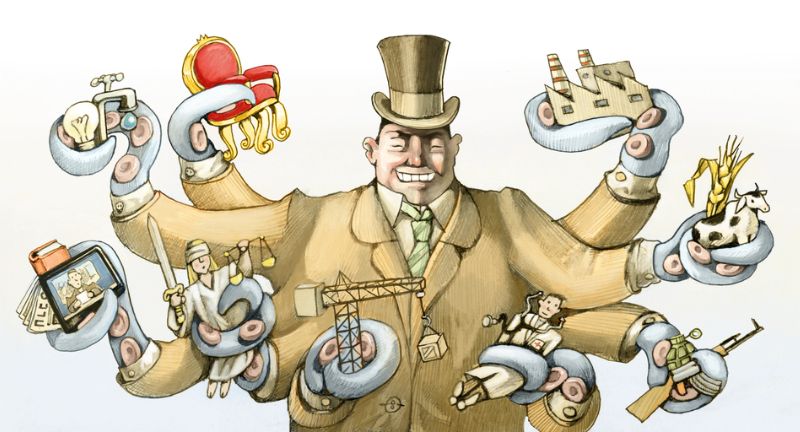
Shutterstock
The Republican preference for tax cuts for the wealthy and corporations is often criticized for exacerbating economic inequality. Critics argue that such policies benefit the rich at the expense of the middle and lower classes, contributing to a widening wealth gap.
Healthcare Accessibility

Shutterstock
Republican efforts to repeal or modify the Affordable Care Act (Obamacare) have led to criticisms about reducing healthcare accessibility for millions of Americans. Critics argue that Republican policies may prioritize cost savings over ensuring widespread access to affordable healthcare.
Isolationism
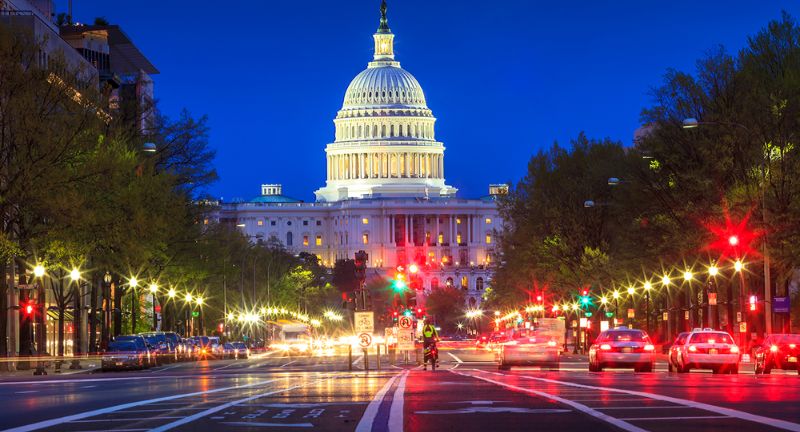
Shutterstock
Some view the Republican stance on foreign policy as leaning towards isolationism, with criticisms of international agreements and organizations. This perspective is seen as potentially weakening international alliances and cooperation on global issues.
Partisanship
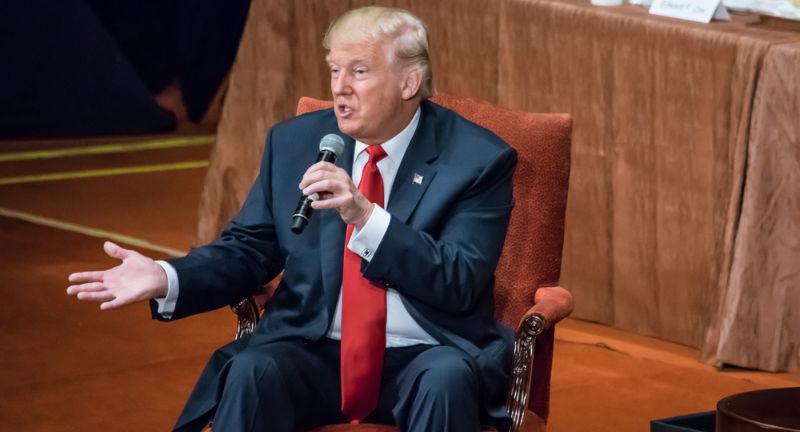
Shutterstock
Republicans, like their Democratic counterparts, are often criticized for contributing to political polarization. This is seen in the strong adherence to party lines, which can hinder bipartisan cooperation and compromise in government.
Immigration Policy

Shutterstock
Republican policies on immigration, particularly those advocating for stricter controls and enforcement, are viewed by some as overly harsh or unwelcoming. Critics argue that such policies can undermine the nation’s historical reputation as a land of opportunity for immigrants seeking a better life.
Conclusion
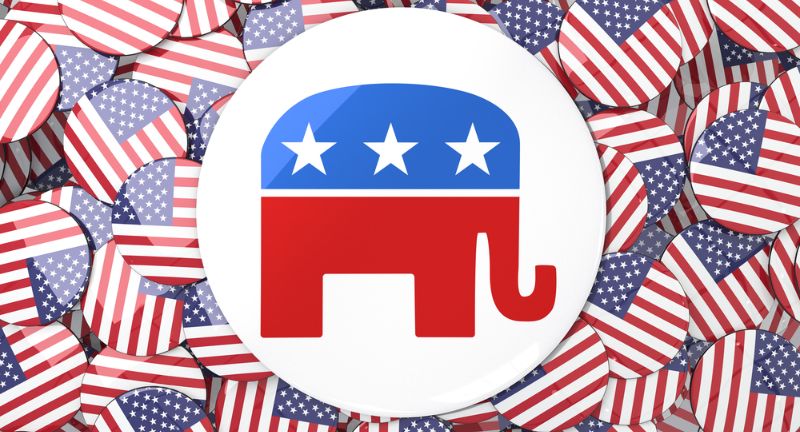
Shutterstock
Exploring the multifaceted nature of Republican traits underscores the depth and complexity inherent in political identity, reflecting both the party’s foundational beliefs and the challenges it faces in evolving societal contexts. While the positive traits highlight a commitment to individual liberty, economic prosperity, and national security, the negatives reveal the tensions and criticisms that come with any ideological stance.
Ultimately, understanding these characteristics provides not only insight into the Republican ethos but also fosters a broader dialogue on the dynamic interplay between political principles and the realities of governance in America.
More From Local News X
-


20 Signs You’re In Fantastic Shape After 50
-


20 Critical Mistakes That Shorten Your Laptop’s Life
-


Structure fire south of downtown Omaha
-


19 Major Regrets That You Need To Avoid With Social…
-


Large Boats Catches on Fire in English Harbor
-


19 Deeply Unhealthy American Foods That Should Be Banned
-


20 Fitness Goals You Need To Hit To Make The…
-


21 Things The Middle Class Can No Longer Afford
-


24 Reasons Americans Are Less Happy Than Ever Before
-


Severe Flooding in Omaha, Nebraska
-


20 Best Places To Visit During The Fall For The…
-


20 Rude Coffee Shop Habits That Drive Every Barista Crazy
